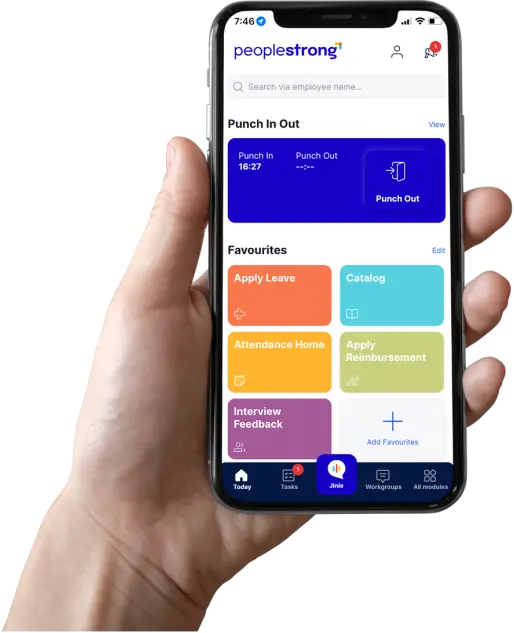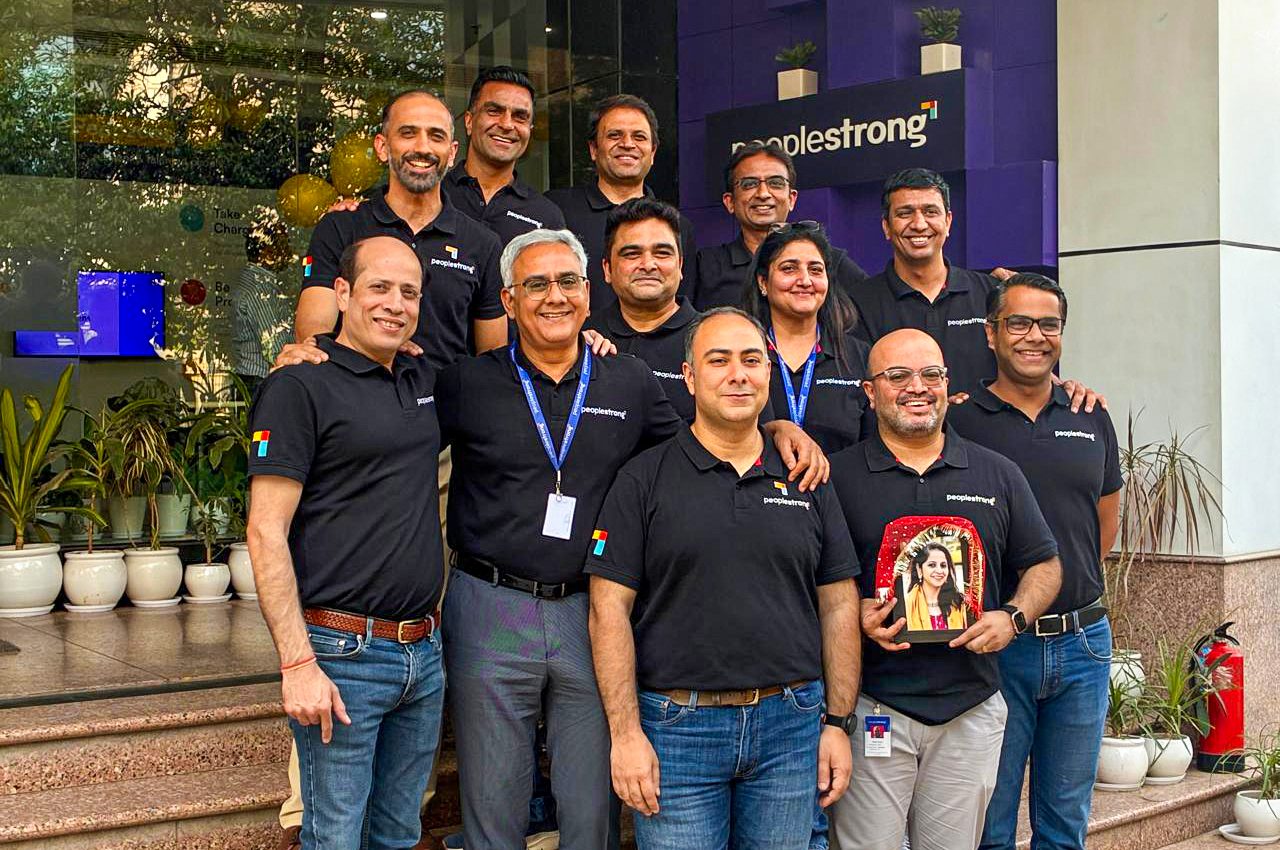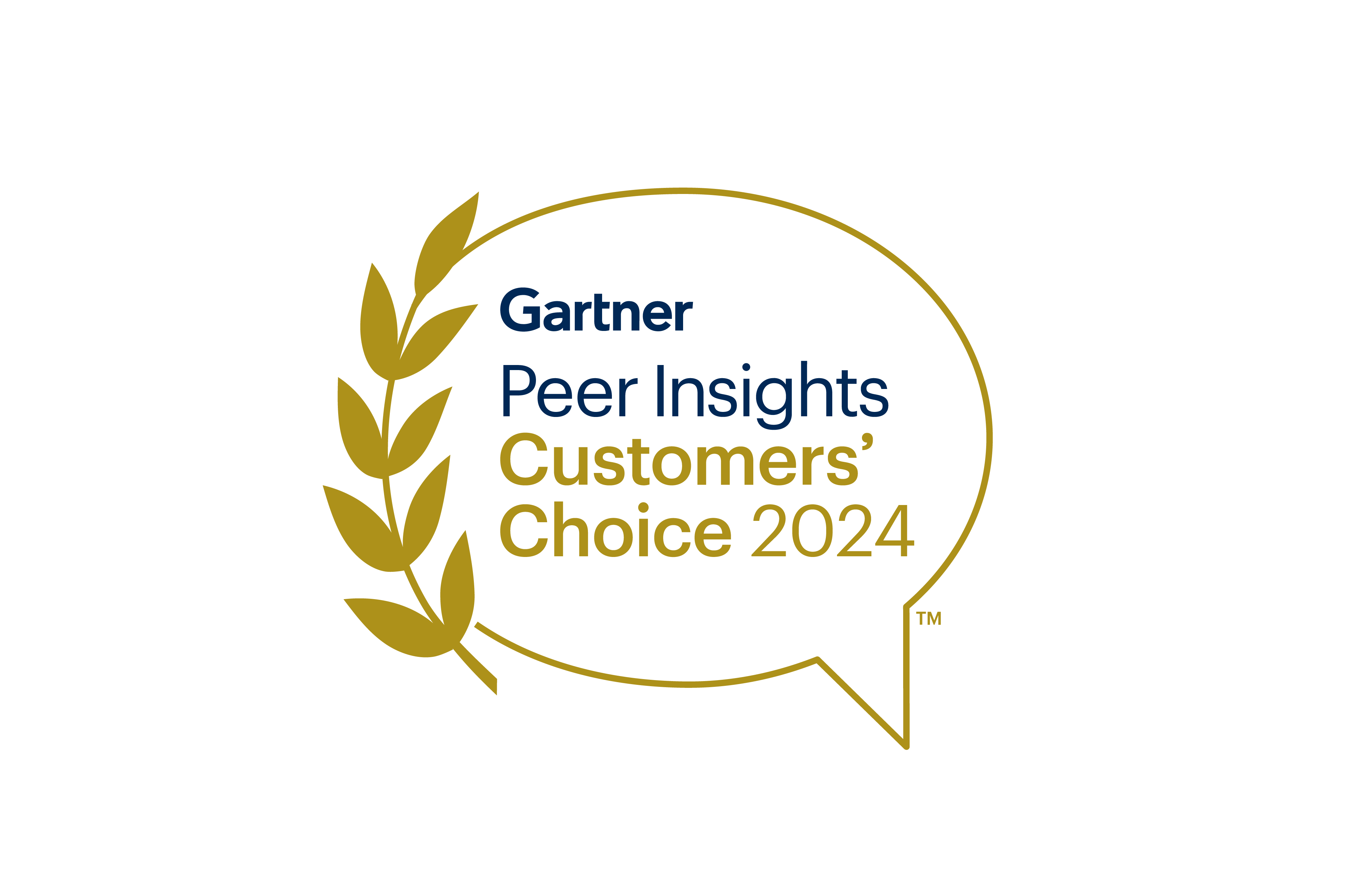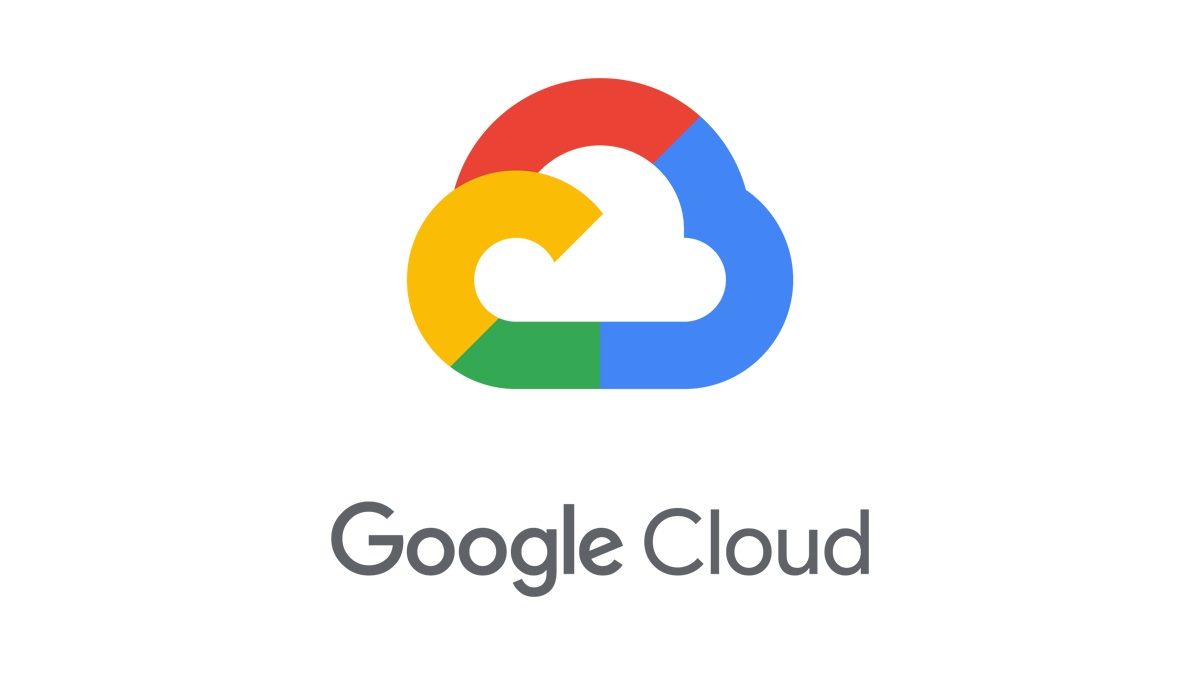Continuing from where we left off in Article – The Next Frontiers in Recruitment Technology, there are a myriad forces that are shaping acquisition technology around the globe today. Every facet of the talent landscape is being impacted by technology tools- from talent acquisition to talent management. More now than ever because, if you look at the numbers, more than 20 percent of all workers change jobs every year, so looking for talent is almost a perennial activity for most organizations.
Recruitment, therefore, has evolved from a simple job post, to a set of complex inter-linked processes.
The hiring team too has gone through a transformation. From a time when a two-member team would manually sift through an barrage of resumes and process them, today recruiters are tech-savvy, subject matter and industry experts with a keen understanding of the talent landscape. They are the ‘human touch’ in the entire recruitment cycle where they assess the candidate’s culture-fit and job-fit and ensure the process of talent acquisition remains human despite use of various technology tools.
Here are some more of the technological advancements that are currently sweeping the Talent Acquisition landscape:
Chatbots
One of the very commonly used technologies today in recruitment is Chatbots. These chatbots can help with the initial interaction with candidates as they navigate the career website. They can even answer specific questions the candidates might have throughout the recruitment process while also simultaneously reminding the recruiter about certain tasks. Since chatbots can be designed to answer contextual questions within a specified framework, they are ideal for the recruitment environment.
AI-powered Chatbots are designed to automate some part of the recruitment process, thus increasing productivity & efficiency of the team in other activities, which require human interaction & judgement. Many individuals argue that using chatbots in the recruitment process, especially to answer candidate questions is to dehumanize the process; however data suggests that most candidates do not mind talking to a bot for initial conversation and processes, while many prefer a face-to-face interaction at a later stage of the interview process.
Since chatbots are interfaces, for them to be smart to understand the context and be able to share relevant information with its user, they need to be trained.
This requires data and underlying algorithms for the bot to understand the context & hence be able to reply effectively. This also means that a chatbot has the potential to scale up quickly and take on more functionality as it keeps ‘learning’.
Gamification for Recruitment
Gamification, commonly misjudged as a game that one makes the candidates play, is actually a path-breaking tool to ensure a tight candidate-job fit. As a concept, Gamification in talent acquisition uses mathematical models, skill-assessment areas and game design to being out the true skills of the player, while making the entire process a lot of fun.
Candidates can be assessed on their industry or job knowledge via quizzes, play simulations of the work environment, answer questions on behavioural and interpersonal skills etc.
Since multiple candidates for the same role can be asked to take these challenges simultaneously, the process of candidate elimination is much faster as companies are able to evaluate the competitive spirit of each candidate and assess and compare their performance against pre-identified parameters like time management, crisis management, skill based fit, out of the box thinking, strategic orientation etc. Gamification helps organizations unearth the real candidate by going past the deliberately-masked personality and reaching the real persona underneath.
Virtual Reality
After AI if there is another technology trend that is widely talked about in the HR technology world and has a wide spread impact & appeal, it is Virtual Reality (VR). By using existing technology solutions, companies are able to create immersive audio & video experiences, which then can be used for various purposes, including HR particularly in recruitment & learning.
By creating VR scenarios within an interview process or by simply conducting the interview process via VR platform will greatly enhance the interview experience and evaluation mechanism.
With existence of systems like SpatialOS by Improbable8, the future of VR in various HR applications especially recruitment is very exciting. Using VR, companies can then create scenarios and see potential candidates in action where they work with distributed teams on real or virtual projects thus providing deep insights into their behaviours as well allowing companies to capture a lot more information about the candidate. Such platforms, therefore, can soon become a very important & indispensable tool in the recruitment ecosystem of the organization.
People Analytics
As organizations continuously grapple with insane attrition numbers and the subsequent churn in the workforce, they all look for that miracle balm to ease the pain and achieve some traction. Recruitment teams just can’t seem to keep pace with the hiring targets while the fiercely competitive talent market does little to ease their worries about getting the right-fit employee.
This is where People Analytics enters the frame. Just like how other business functions like marketing, finance and IT have reaped benefits by using data analytics, it is time for People Analytics to shine. There are so many ways an enterprise can secure a definitive edge by deploying people analytics that this trend is set to grow exponentially.
Using data analytics, companies can shrink the entire recruitment cycle to a fraction because the system will do things like increase your quality of hire by identifying the best-match profiles against a position, identify areas where candidate experience can be enhanced or help achieve capacity by balancing open positions with in-process candidates as well as those in the pipeline, while concurrently eliminating those who have been met and rejected before.
People Analytics can also help the team identify outliers or those who they might want to meet as a bench for an alternate role.
People decisions are what most impact the human assets of any firm, hence it is now imperative that organizations use the above mentioned technological tools if they hope to hold on to their ‘must-retain’ talent or to attract the ‘must-hires’.
It is very clear that technological and social changes are fundamentally altering the way recruitment is conducted.
Just like our personal lives have been impacted & we have adapted to newer routines, the recruiters will have to adapt & create newer routines for themselves to thrive in this technologically seeped environment.
To Know More How PeopleStrong Can Help Your Organisation, Contact Us











